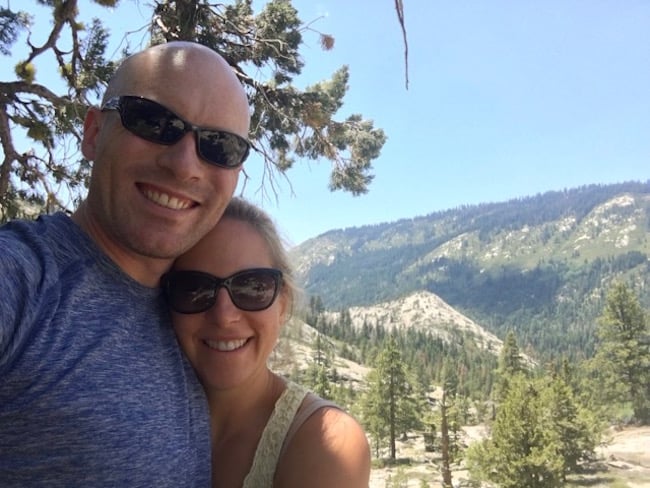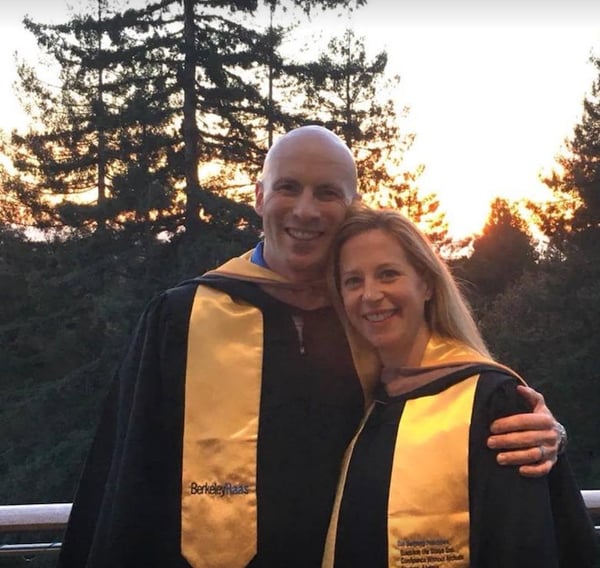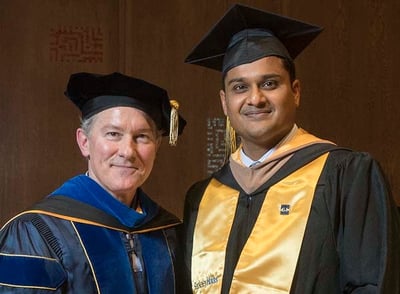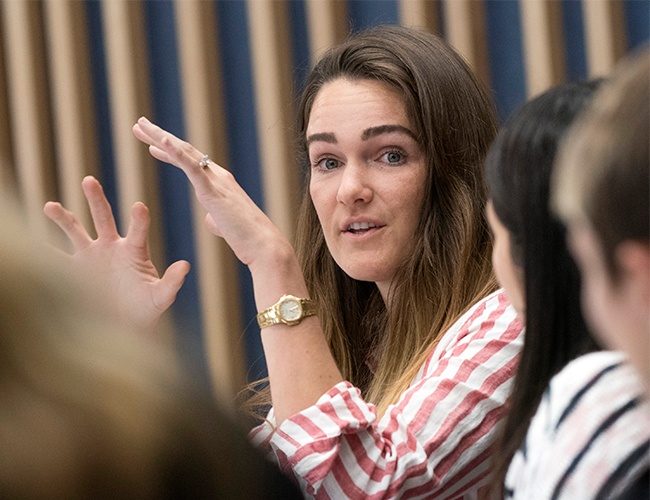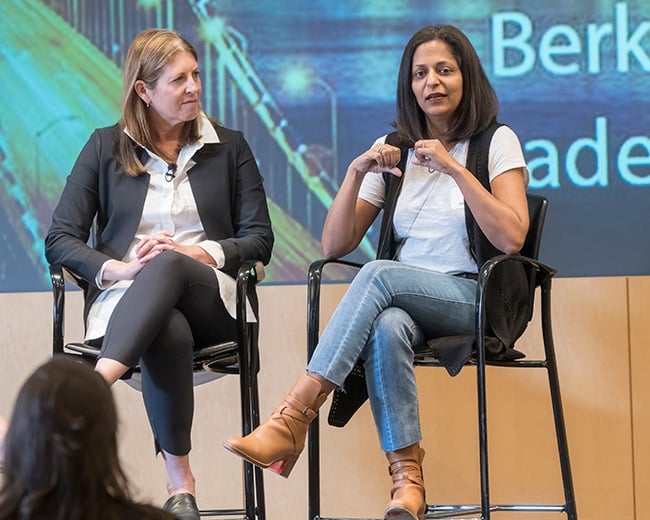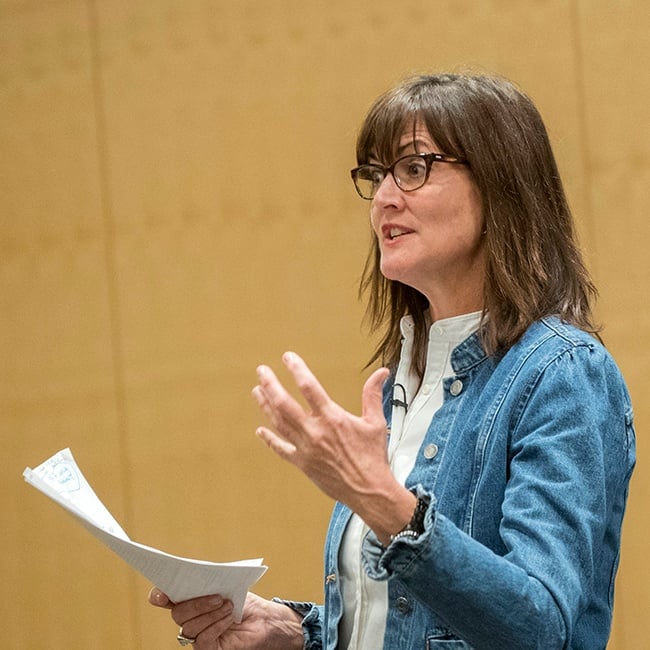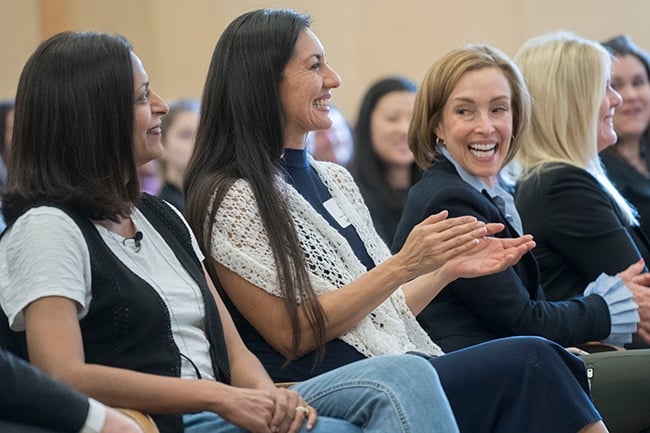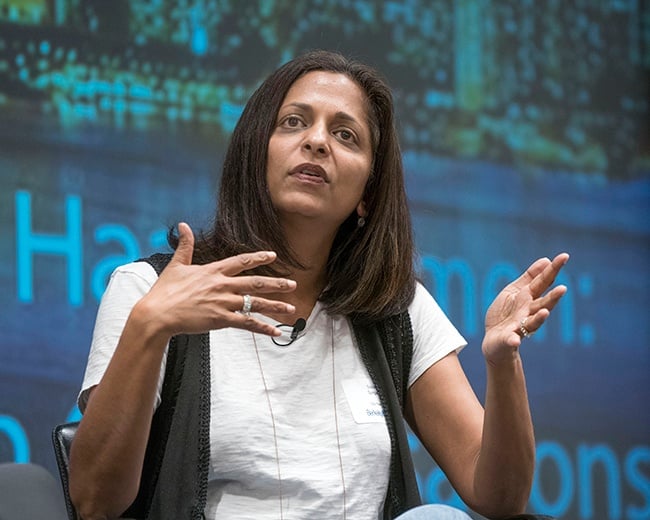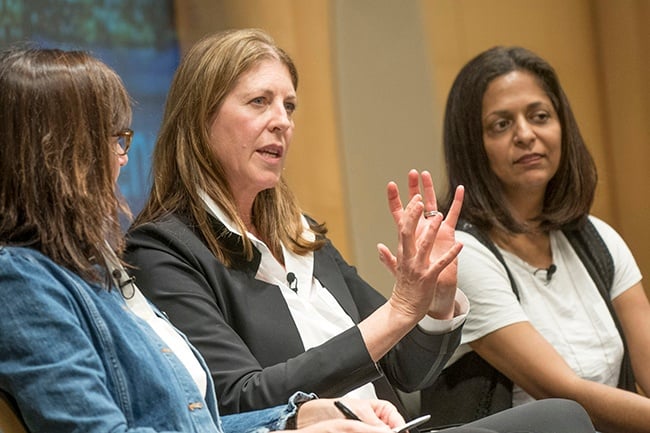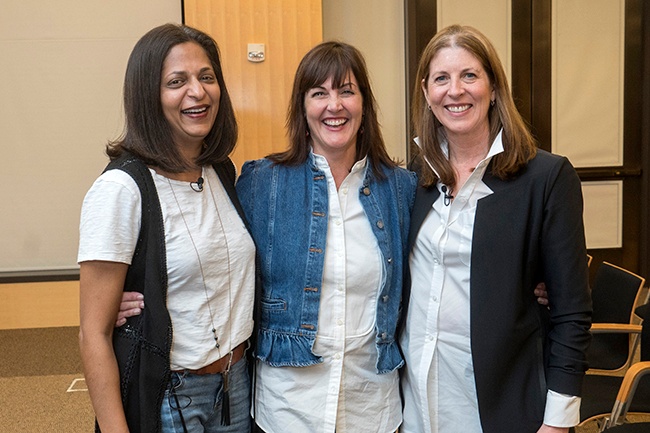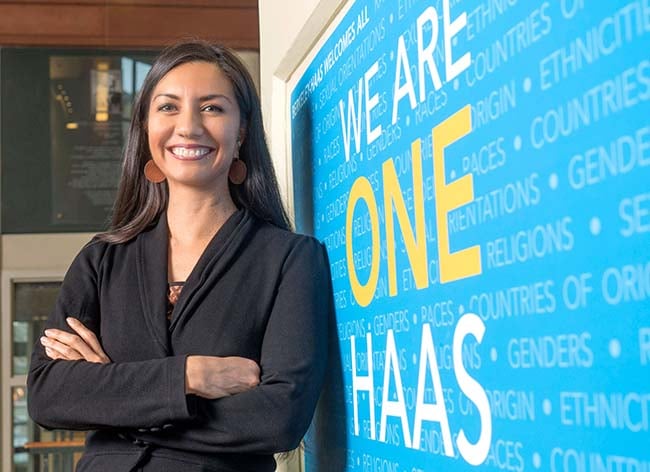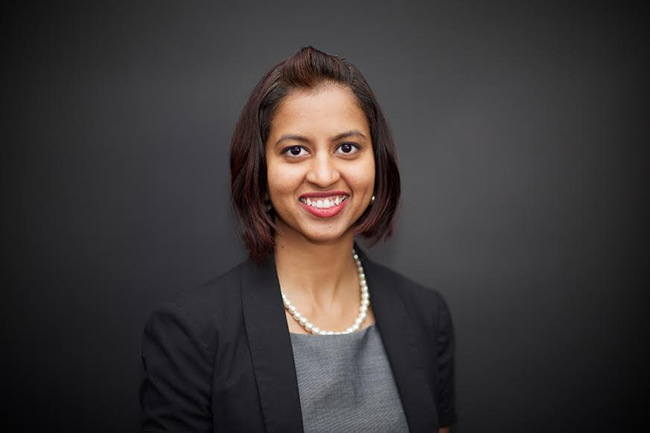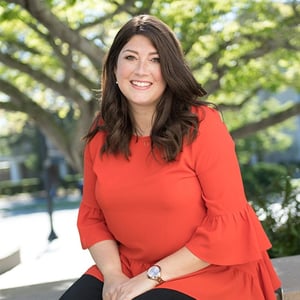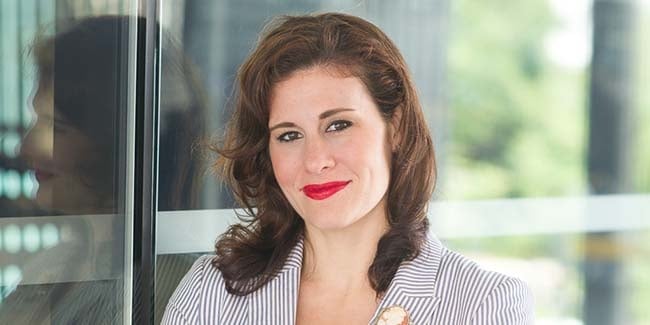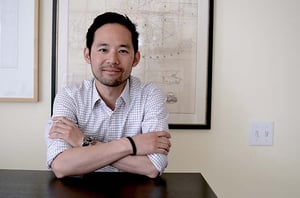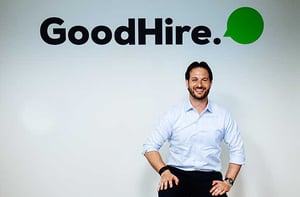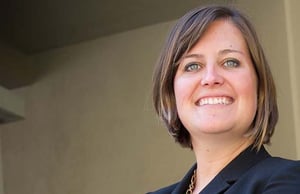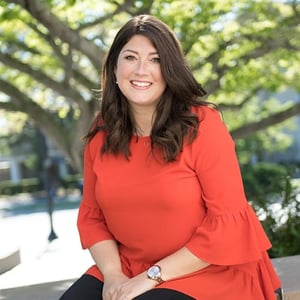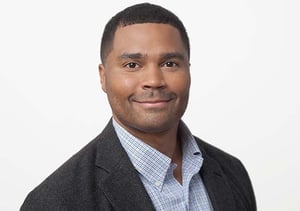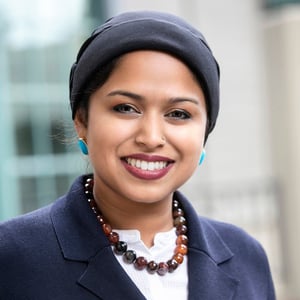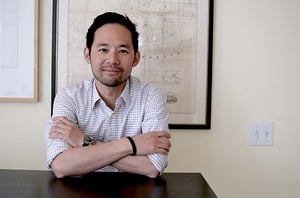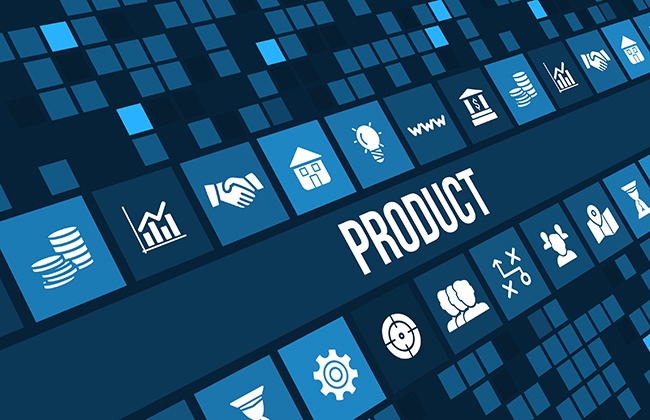
On the road to developing the next new thing, product managers need to be able to communicate strategy, negotiate scope and trade-offs, excel at working with constrained resources, speak in technical terms, and competently use data to guide and justify decisions.
If you're wondering how to become a product manager (PM), you could start by considering the five skills every product manager needs to succeed:
For product managers, communication is key
You’ll need to keep lots of people in the loop and adjust your language to each audience.
Product managers must coordinate with multiple teams to provide something of value to customers. This means talking to both internal and external stakeholders throughout the product life cycle.
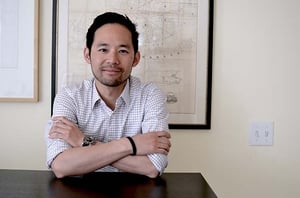
"Communication is the starting and ending point when you are building something meaningful," says Vince Law, former head of product management at General Assembly, who now consults and instructs individuals as well as organizations on product management and leadership. "Your ability to talk to customers, let your team know the overall strategy, and get into the details of exactly how the product works is necessary in delivering the best product to your market."
Product managers work closely with diverse teams within an organization—including engineering, marketing, business development, and sales teams. They have to be able to speak the language that each team understands.
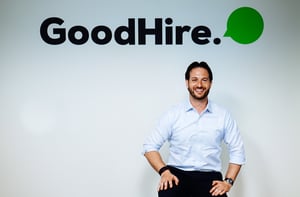 
"As a PM, you need to adjust the language you use so for each audience," says Berkeley MBA alum Max Wesman, VP of product at GoodHire. "If someone is technically oriented, they may be great at talking to the engineers, but they may not have the business vocabulary to communicate with the marketing and sales team. If you're not able to talk in a way that allows the audience to understand, then you have failed as a communicator."
Additionally, product managers communicate externally when they interface with customers. They may be required to share information about a new product or collect feedback in relation to a customer's needs or experiences with a product.
"Communicating effectively, clearly, and confidently with customers helps them feel that they have a voice and are being heard. It also helps them understand why you are investing in certain enhancements or are going down a certain path," says Max.
"Every product lives and dies by its customers,” says Vince. "The best product managers I know spend an inordinate amount of time speaking with customers as a way of understanding their problems, their pain points, their overall desires, and what outcomes they expect out of a product experience. PMs must use that information to understand why they are building the product as well as synthesize insights on what to build and how to build it."
Wondering if you need an MBA to be a product manager?
(Almost) everything is a negotiation
You’ll build cooperation and manage customer requests at almost every turn
Product managers are constantly building cooperation and negotiating trade-offs with customers, the sales team, and the engineering team to achieve strategy-supporting outcomes.
"Customers are going to request enhancements, new features, or fixes,” says GoodHire's Max Wesman. “If they say, ‘we need to have this feature by next month, or we are going to leave your company,’ you need to be able to help them understand that there are trade-offs and get them to be okay with maybe waiting to ultimately get what they want vs. incurring the costs of moving off of your product and onto a competitor's."
"There is also a certain level of negotiation with the sales team," Max points out. "Because they are trying close deals, they will sometimes ask for multiple product features on a short time frame. As a product manager, you are also trying to protect your team, because you need to manage their priorities."
"With engineers, the classic negotiation is always around scope," says Max. "As a PM, you are always going to deal with scope creep: an engineer telling you something will take x number of weeks, and then having things pop up that push out the timeline. PMs need to negotiate trade-offs and ways to break down a really big project into smaller pieces of work and possibly launch things along the way without having to wait until the end."
Jay Dave, a manager of product management with Amazon Home Innovation and a graduate of the Berkeley MBA for Executives Program, negotiates with management and internal engineering teams about what needs to be built early on in the product life cycle. Negotiations also come into play in the execution stage, when key micro-decisions need to be made about the product. Jay says that in either case, negotiations start with empathy.
"Being aware of where the other person may be coming from and their priorities is super important. It not only helps you build better long term relations, but also helps you tailor your message to your audience and increase your chances of success. It's not something I knew right out of the gate, but something I learned with experience," says Jay.
Part adventure, part venture
Making the most of constrained resources requires entrepreneurial thinking
Product managers not only need to understand how a product is launched and adapted, but also to figure out ways to meet business objectives with limited resources. This makes entrepreneurial thinking is an important skill.
"As a PM, you are always working with constrained resources,” says Max Wesman. "You need to think like an entrepreneur who doesn’t have a lot of resources and be very careful in deploying the resources you do have."
Promeet Mansata, A Berkeley MBA alum whose role is in growth, operations, and product management at Zently, observes that the holistic thinking PMs engage in is also entrepreneurial. "A lot of a product manager's role—at small start-ups as well as larger companies like Google, LinkedIn, and Facebook—is thinking through the whole problem before deciding to build anything,” he says. “You also need quick ways of finding the right things to do without spending a ton of time and money."
Product managers typically work with several teams, but they often have to take the lead when it comes to making decisions about which ideas will be pursued.
"In a lot of cases, nobody is going to give you a direction to go in," Promeet says. "You have to think about the problem you are solving and try to figure it out. If you have five different ideas, you have decide which one you are going to do and then find a way to do it while saving time and money for the company."
"As a PM, you are not only constantly solving problems, but finding problems," says Vince Law. "Like an entrepreneur, you need to be able to see potential for a product where a product has never existed before. Your ability to find opportunities is in large part enabled by your knack for looking at problems in a way that is devoid of assumptions about what potential solutions might be."
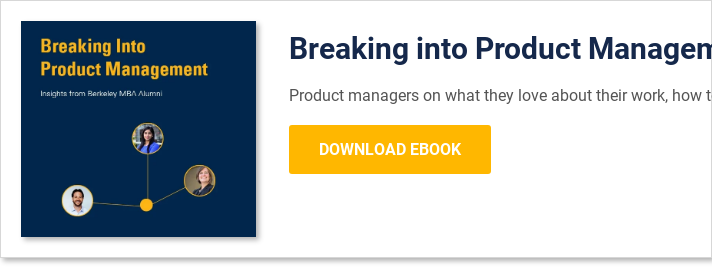
Product managers know how to think with numbers
Analyzing data is how you’ll justify decisions and make your case
You don't have to be a data scientist to be a successful product manager, but you do have to be able to collect and measure the right data points to analyze market trends and justify decisions about product features. You need to be able to communicate with data science teams and share data with internal and external stakeholders as well.

"The main role of a product manager is to prioritize which problems the business needs to solve," Swetha Tupelly, a senior product manager at Le Tote and graduate of the Evening & Weekend Berkeley MBA Program. "You must be able to make a case based on data rather than opinions. Data also helps you measure the impact of the product or feature you are building."
"As a foundation, product managers should have enough exposure that they know how to think with numbers and how to make decisions based on numbers," says Greg LaBlanc, a lecturer at Haas School of Business.
Greg suggests learning how to do data visualization to better understand the numbers you’re analyzing and to be able to better communicate them to other people in the organization.
"You can think of a product manager as someone who sits at the intersection of the technical data oriented stuff and the less technical business oriented stuff," says Greg. “Being able to communicate with both of those groups is where product managers have their sweet spot.”
Data skills are especially important when it comes to justifying decisions about product features and measuring impact once a feature has been implemented.
"Product managers work with two types of data," says Swetha "The first is qualitative data, which comes from customer feedback through NPS surveys or polls that are running within mobile applications. The second is quantitative data, which can come from things like an A/B test. Product managers should have both an understanding of how A/B tests work and should be able to compare metrics from these tests and recognize statistical differences in things like page views, session times and conversion rates."
"Being data-oriented and finding irregularities or opportunities in the data to impact a product's numbers by investing in a certain area and then being able to quantify the impact of the investment is important for a PM. This is where quant skills come into play," says Max.
Do you talk Tech?
Engineers will thank you for understanding feasibility
Product managers are business and customer subject matter experts, not tech experts. However, they need a certain level of understanding of how technology works so they can communicate in technical terms with engineers and understand what is and isn't feasible from an engineering perspective.
Stephanie Curran, a manager of product management for Amazon’s Customer and Brand Protection Team, speaks frequently with managers and engineers on the development team in the course of her job.
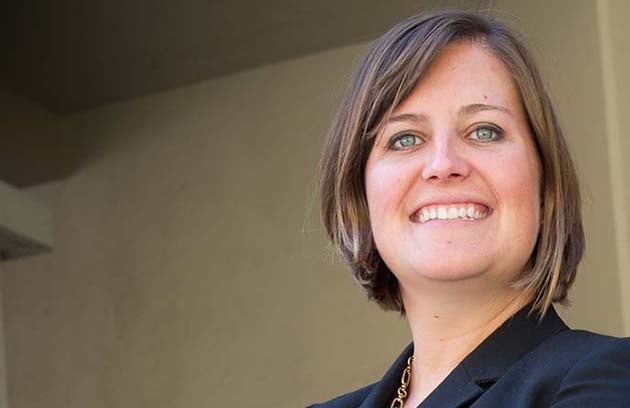
"One of a product manager’s main roles is driving the road map of the products they’re working on," says Stephanie, a graduate of the Full-time Berkeley MBA Program. "The people I interact with most are development managers, but I often talk with individual engineers to make sure that the right decisions and trade-offs are being made.”
"Development managers and engineering teams don’t expect PMs to be 100 percent fluent in technology," says Stephanie. "However, PMs need to be able to drive requirements and fluidly communicate those requirements to the tech team so that the tech team can drive implementation and decide how to build the product."
Stephanie outlines four main things that almost every product managers should be able to speak about, or at least have a high-level understanding of, so that they can communicate with tech teams:
- Tech architecture: A high-level understanding of the tech architecture will help you comprehend where certain features sit in the pipeline and help you negotiate the right trade-offs
- APIs: A high-level understanding of the types of services and application programming interfaces (APIs) the team is working on will help you get to the right solution for the problem you are trying to solve
- The product: A high-level understanding of what is being built will help you ask the right questions and push the thinking of engineers when necessary
- The roadmap: Knowing what the roadmap looks like will help you can break out the requirements and features based on priority and engineering scope
Preparing for a PM career
Product managers need a diverse set of skills to juggle the many priorities associated with bringing a product to market and ensuring its success. Understanding these skills and the reasons why they are important can help you determine whether or not a PM role is right for you.
Want additional insights? Download our free ebook on breaking into product management, or read what these product managers have to say about whether you need an MBA to be a product manager.


|

















.jpg?t=1518046833665&width=250&height=313&name=RachelAdams-002-Web%20(1).jpg) Rachel Adams
Rachel Adams.jpg?t=1518046833665&width=250&height=313&name=RickyTan-004-Web%20(1).jpg)


